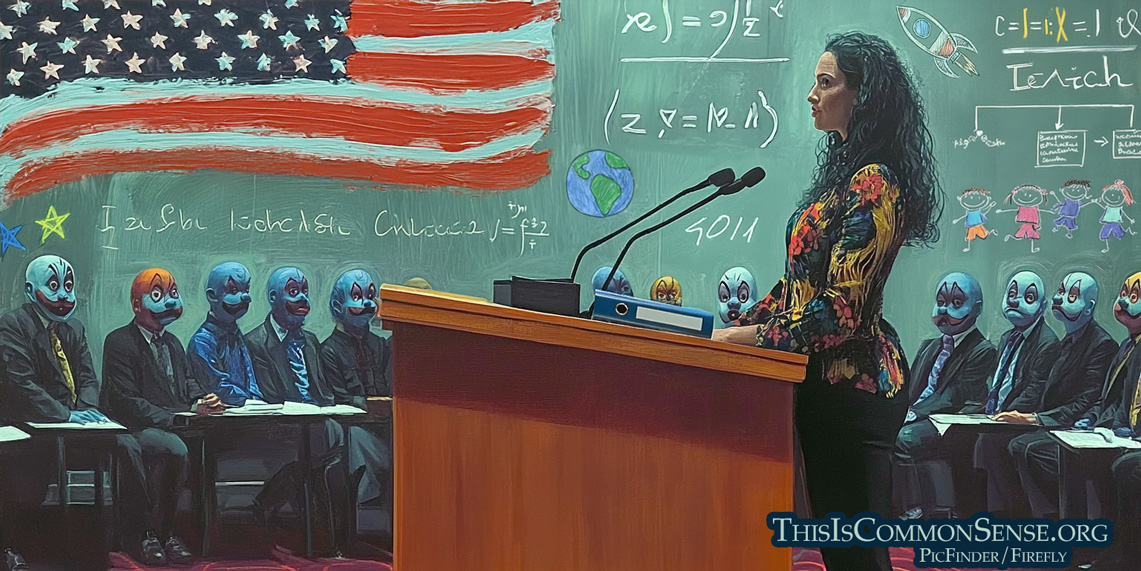The really socialist mayor of New York City, Zohran Mamdani, the city’s new Handicapper General, wants to prevent the brightest children in the city’s school system from getting any extra training of their gifts and intelligence.
So he’s trying to do what one of his predecessors, the pretty socialist Bill DeBlasio, failed to do: eliminate the public school system’s Gifted and Talented programs.
What benefit could there be to students, their parents, and New Yorkers in general, in preventing gifted children from studying in schools and classrooms that give them the best chance of developing their gifts early in life?
None whatsoever.
Killing the more demanding academic work does not thereby improve what the average public-school classroom offers students. It also does not improve the ability of students who are not currently qualified to enter the most advanced programs. The only goal achieved is that of a nearer approach to the egalitarian “ideal,” the world of “Harrison Bergeron.”
If the concern were really to improve the average or below-average classrooms, this could be done — conceivably — by focusing on what could be improved in those classrooms. Are there bad teachers who could be fired? Disruptive students who could be better disciplined or shown the door? Vapid, unchallenging, or politically warped curriculum that could be overhauled?
Under the DeBlasio mayoralty, many parents protested his plan to erase opportunities for the Gifted and Talented, managing to thwart that plan. They’ll have to protest again if they want to stop Mamdani from stomping out excellence.
This is Common Sense. I’m Paul Jacob.
Illustration created with Nano Banana
See all recent commentary
(simplified and organized)
See recent popular posts










